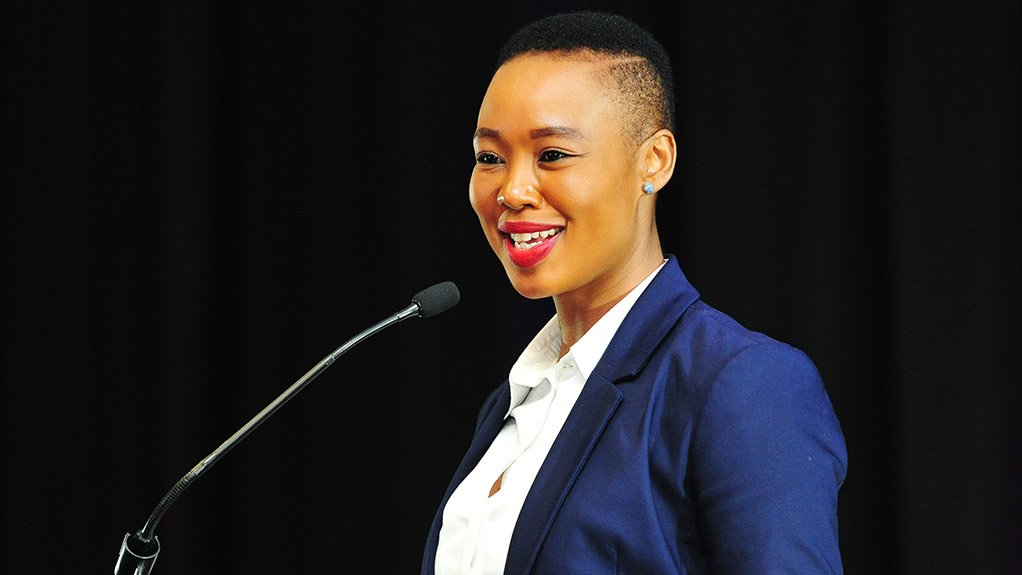After years-long delays, the now-urgent final policy directive on spectrum allocation will be issued to the Independent Communications Authority of South Africa (Icasa) within the next seven working days.
The announcement by Communications and Digital Technologies Minister Stella Ndabeni-Abrahams post her department’s Budget Vote on Wednesday comes a few weeks after President Cyril Ramaphosa’s promise in his State of the Nation Address that the policy will be published within a month.
“As the international information and communications technology community prepares for the World Radio Conference that will be held in Egypt in October 2019, plans are afoot for South Africa’s participation in the discussions in Southern African Development Community, Africa and International Fora to ensure that this time we are not left behind and do not delay our people and country the meaningful role they can play, as fifth-generation is not only telecommunications based but cuts across all sectors,” she said in the statement.
Over the past year, movement has been seen in resolving the years-long limbo over the unassigned high-demand spectrum licensing and allocation.
The licensing of high-demand spectrum is deemed necessary to lessen resource constraints experienced by incumbent mobile operators, enable transformation of a historically vertically integrated market, level the playing field and enable the entry of new entrants into the market.
Further, it will contribute to reducing the cost to communicate and drive universal services and access.
Over the past few years, mobile operators desperate for the spectrum allocations have been voicing their concerns over the delays and their inability to provide high-quality services or lower costs because of a spectrum shortage.
The stalled spectrum policy had left the industry in a state of uncertainty, unable to efficiently deploy the next-generation technology required to meet increasing demand for connectivity and rising data traffic, with many refarming still-used spectrum and embarking on many workarounds to stretch capacity and coverage across their networks.
Icasa and the then Telecommunications and Postal Services Minister, Dr Siyabonga Cwele, clashed in 2016 after Icasa’s July 2016 invitation to apply for the allocation of high-demand spectrum was met with legal resistance by the department.
By September 2018, the parties had agreed to settle the court matter, with Icasa withdrawing the invitation to apply and Cwele withdrawing his legal challenge against the invitation.
Meanwhile, the newly merged Communications and Digital Technologies Department will also, within the next 90 days, present the reviewed broadcasting digital migration delivery model to enable the swift release of the high-demand spectrum and deliver an effective digital terrestrial television migration.
Like the spectrum policy, the Broadcasting Digital Migration programme to manage South Africa’s migration from analogue to digital broadcasting has been delayed for many years.
Some 11 years after the project was approved, there has been little progress in the transition to digital, with the delays exacerbated by a changed technology landscape and declining public funds.
This resulted in South Africa missing the International Telecommunications Union’s (ITU’s) June 2015 deadline, leaving the country vulnerable to broadcasting interference.
Zambia, Kenya, Malawi, Rwanda and other countries in the ITU Region 1, as well as some of the Brazil, Russia, India, China and South Africa, or Brics, partners, have already migrated their broadcasting systems to digital.
EMAIL THIS ARTICLE SAVE THIS ARTICLE ARTICLE ENQUIRY
To subscribe email subscriptions@creamermedia.co.za or click here
To advertise email advertising@creamermedia.co.za or click here











